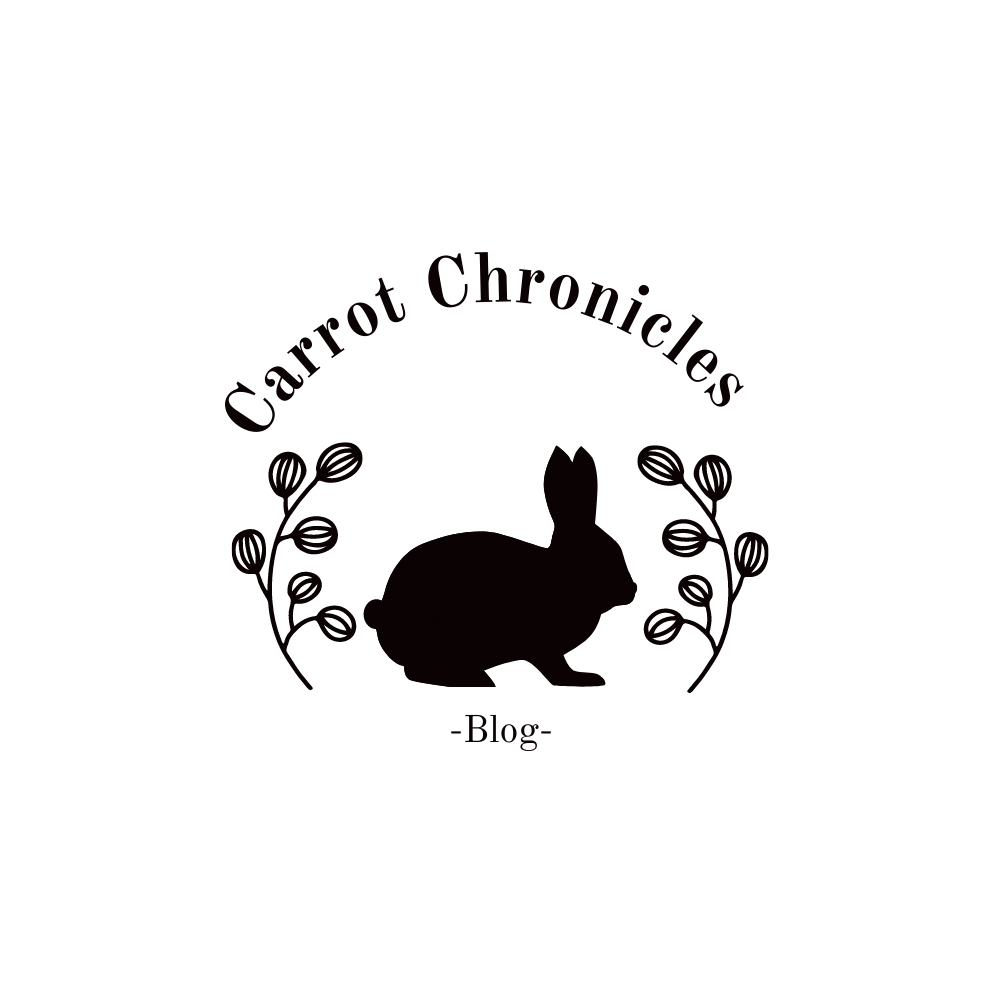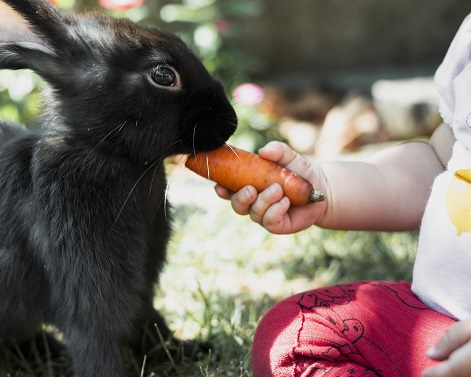Rabbits, known for their adorable appearance and gentle nature, require a well-balanced diet to thrive. However, determining the suitability of certain foods, such as corn leaves, for our furry friends can be perplexing. In this article, we unravel the mysteries surrounding the inclusion of corn leaves in a rabbit’s diet.
Can Rabbits Eat Corn Leaves?
Overview of a Rabbit’s Diet
Rabbits are herbivores, primarily relying on a diet rich in fiber. Understanding their dietary needs is crucial for ensuring their overall well-being.
Corn Leaves: Nutritional Content
Corn leaves offer various nutrients, including fiber, vitamins, and minerals. Exploring these nutritional components is essential in evaluating the potential benefits.
Potential Benefits
While corn leaves can contribute to a rabbit’s nutritional intake, it’s crucial to discern their benefits to their health and overall diet.
Considerations for Feeding Corn Leaves
Factors like moderation and potential health considerations are vital in determining the appropriateness of including corn leaves in a rabbit’s diet.
Health Considerations
Digestive System Sensitivity
Rabbits have sensitive digestive systems, and certain foods may cause digestive issues. Delving into the potential impact of corn leaves on a rabbit’s digestion is essential.
Allergic Reactions
Understanding the possibility of allergic reactions is crucial in ensuring the safety of introducing new elements to a rabbit’s diet.
Moderation in Diet
Balancing a rabbit’s diet involves moderation, and this principle applies to the inclusion of corn leaves. Exploring how much is too much is pivotal for their well-being.
How to Introduce Corn Leaves
Gradual Introduction
Introducing any new food requires a gradual approach. Exploring methods for slowly incorporating corn leaves into a rabbit’s diet can prevent potential issues.
Observing Rabbit’s Response
Monitoring a rabbit’s response to the new addition is crucial. This step helps in identifying any adverse reactions or preferences.
Alternatives to Corn Leaves
Recommended Vegetables
While corn leaves can be part of a rabbit’s diet, offering a variety of vegetables ensures a well-rounded nutritional intake. Exploring alternative options is critical.
Variety in Diet
Promoting variety in a rabbit’s diet ensures adequate nutrition and keeps their meals interesting. Discovering different vegetables that rabbits can enjoy is essential.
Common Myths about Rabbit Diets
Misconceptions About Vegetables
Addressing common misconceptions about including vegetables in a rabbit’s diet can clarify what is beneficial and what might be harmful.
Importance of Balanced Nutrition
Dispelling myths about rabbit diets emphasizes the importance of a balanced and diverse nutritional intake.
Best Practices for Rabbit Nutrition
Hay is a Staple
Highlighting the significance of hay as a staple in a rabbit’s diet and exploring its various benefits contribute to their overall health.
Fresh Water Availability
Ensuring rabbits have access to fresh water at all times is a fundamental aspect of their nutrition. Discussing the importance of hydration is vital.
Consultation with a Vet
Underscoring the importance of consulting with a veterinarian for personalized dietary advice ensures the well-being of rabbits. Professional guidance can address individual needs.
Signs of an Unhealthy Diet
Behavioral Changes
Identifying behavioral changes in rabbits can be indicative of an unhealthy diet. Exploring potential signs helps in addressing dietary issues promptly.
Digestive Issues
Understanding the link between diet and digestive health is crucial. Exploring potential digestive issues and their remedies enhances rabbit care.
Importance of Regular Vet Check-ups
Emphasizing the necessity of regular veterinary check-ups ensures that any emerging health issues are addressed promptly. Regular monitoring is vital to a rabbit’s long-term health.
Conclusion
In conclusion, while rabbits can eat corn leaves, it is vital to approach their diet with care and consideration. Balancing nutritional needs, monitoring their response to new foods, and dispelling common myths contribute to their overall well-being. Consulting with a vet is the best way to ensure a rabbit’s diet is tailored to their needs.
FAQs
-
Can rabbits eat corn leaves daily?
While occasional consumption is generally safe, a daily diet of corn leaves may lead to an imbalance. Moderation is key.
-
What other vegetables are safe for rabbits?
Rabbits can enjoy a variety of vegetables like kale, carrots, and leafy greens. Ensuring a diverse diet is essential.
-
How to transition a rabbit to a new diet?
Gradual introduction is crucial. Slowly incorporate new foods and monitor their response for a smooth transition.
-
Are there specific breeds more sensitive to diet changes?
Sensitivity to diet changes can vary among individual rabbits rather than specific breeds. Monitor each rabbit’s response carefully.
-
Should rabbit diets include fruits?
Fruits can be included in moderation, providing essential vitamins. However, too much sugar should be avoided.


